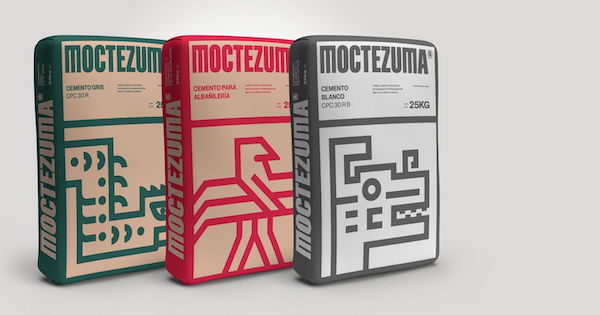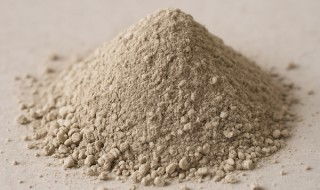Mexico-based producer Cemento Moctezuma has announced a 2030 sustainability roadmap aimed at reducing carbon dioxide emissions to less than 500kg per tonne of cement. The plan includes adjustments to production processes, greater use of alternative materials, and fuels derived from waste.
Chief executive José María Barroso Ramírez said the strategy focuses on improving efficiency at every stage without compromising cement quality. Up to 30 per cent of the company’s fuel mix will come from waste products, including thousands of discarded tires converted into fuel for cement kilns.
Maribel Leyte Jiménez, Moctezuma’s director of sustainability, stressed that maintaining clinker efficiency is vital to balancing product quality with emissions cuts. She outlined five pillars guiding the company’s efforts: safety and health, energy and climate change, social responsibility, environment, and biodiversity within a circular economy framework.
One of Moctezuma’s flagship projects, Reef Balls, involves creating artificial reefs to restore marine habitats. Around 500 reef structures deployed in Yucatán have already contributed to reducing more than 1.2M kg of CO2, with plans to expand to other coastal regions.
“We are addressing only part of the problem,” Barroso said, urging wider public action to protect the environment.

